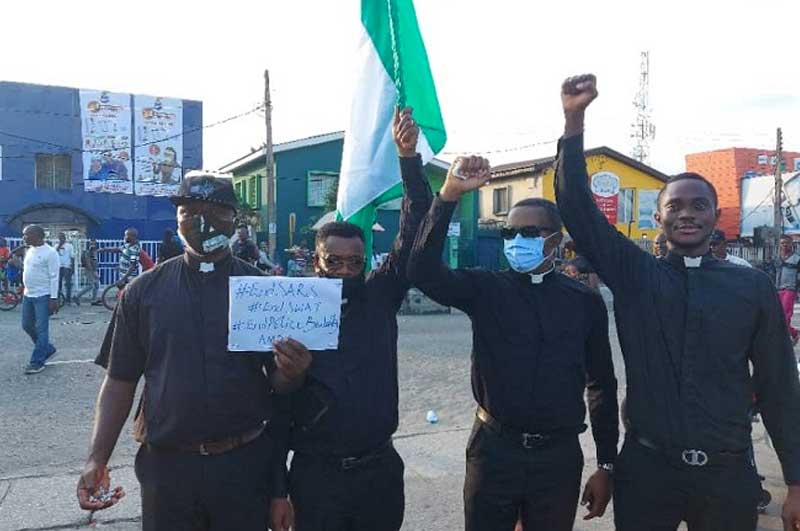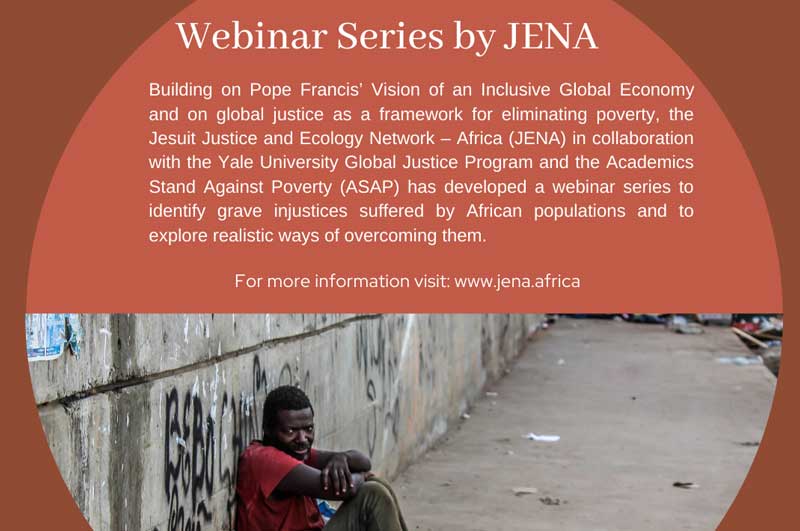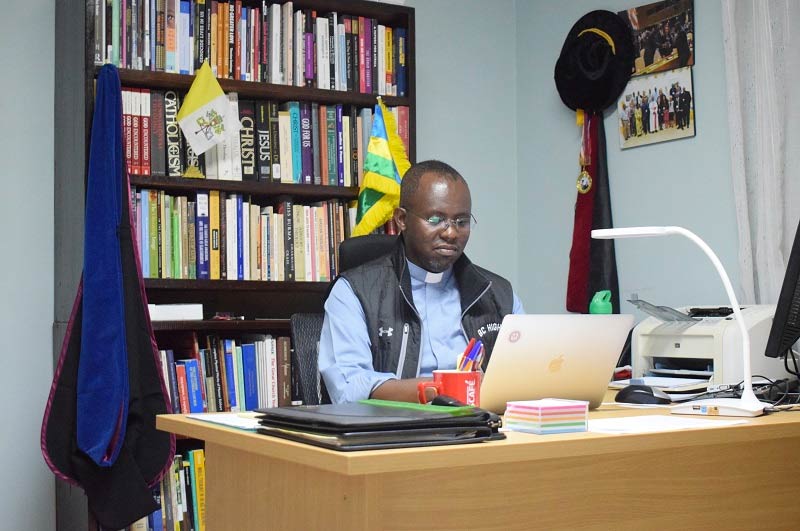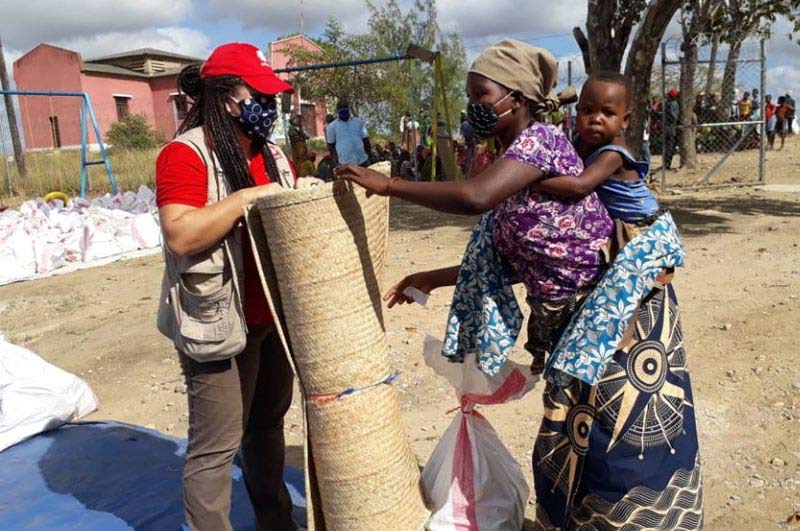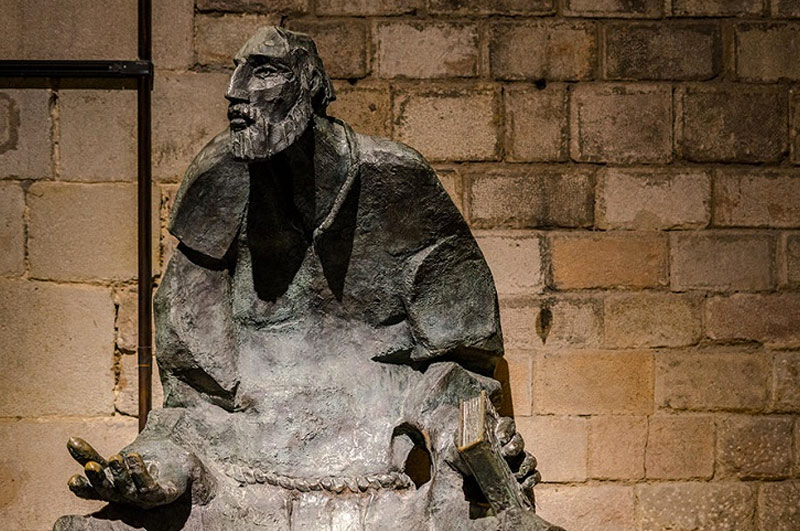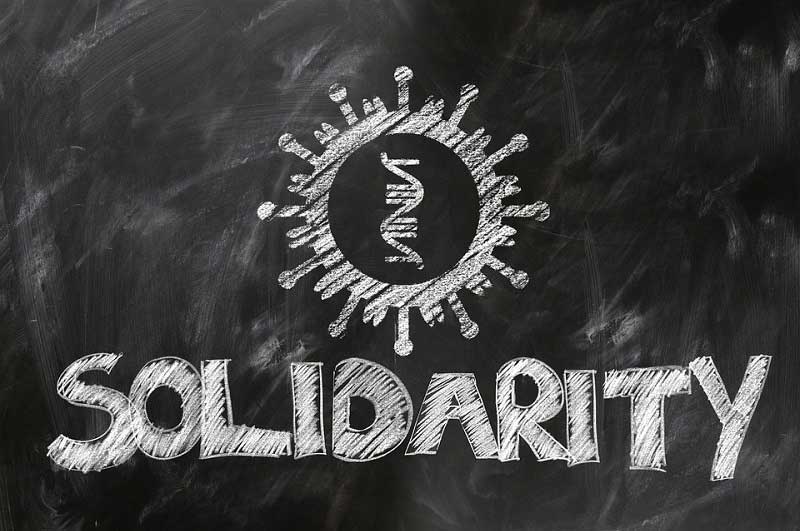


Long ago in my village, disaster struck. During the dry season, fire from one hut extended and burned almost all the huts. Some people died and property was destroyed. Almost all the households lost something. The village was gripped in a strange kind of solidarity with everybody affected, making it impossible for one to help a neighbour. This forced the household heads to jointly ask the chief and the colonial administrator to relieve them of the hut tax that year. The global Corona virus pandemic brings this village to memory again, as it has affected governments and their peoples, making it impossible to support their neighbours.
The Corona virus pandemic has been analyzed from health, social, economic, spiritual and other perspectives - the several facets people see it. These also require decisions at personal, family, national and global levels. This piece offers a perspective on taxation issues urgently arising in the wake-up of the pandemic. The Kenya Association of Manufacturers has requested the Government to: halve the value added tax (VAT) for small and medium enterprises (SMEs); slice the corporate tax from 30 per cent to 15 per cent; and adopt zero rating VAT on essential items like soap, tissue, sanitizers and staple foods for the next six months, etc.i President Uhuru Kenyatta, on March 25 2020, made a number of domestic revenue related directives to address the situation. He requested the parliament to approve a: 100 per cent tax relief for those earning KSh 24,000 per month, reduction of pay as you earn (PAYE) and Corporate Tax from 30 to 25 per cent, turn over tax (ToT) reduction from 3 to 1 per cent for SMEs, and reduction of VAT from 16 to 14 per cent. His government also took the commendable bold steps to avail KSh 10 billion to the old, orphans and people with disabilities (PWDs) through direct cash transfers; KSh 1 billion additional health budget for more health workers; and voluntary reduction of salaries of key public servants, to have funds available for the emergency.ii
Deciding on such tax waiver must be a challenge for Kenyan Government, especially when the Corona virus pandemic has forced the government to spend additional funds on health care needs arising due to it. The Government needs to spend on establishing preventive measures, by ensuring there is sufficient diagnostic, protective and therapeutic equipment available. For instance, the cost of the test kit for the Corona virus is estimated to be at $13.50. While economic activities that contribute to the national income like trade, services, tourism, etc. have reduced. Besides, immediate economic costs of the pandemic have already been seen. The Kenyan Shilling has been trading at a record low of 109.3 against the Dollar, the worst in ten years. Globally, the world’s richest 500 people lost a combined $444 billion, by 29th February 2020.iii
Kenya is not alone in revising the tax policies due to the Corona virus outbreak. Many countries have adopted similar moves to try and help their citizens: Italy offered: tax credit to companies that suffer a 25 per cent fall in revenues; additional funding to the country’s health sector; and measures costing EUR 3.6 billion (USD 4 billion) to help the economy in 12 months.iv In Japan, the National Tax Agency has delayed in filing and payment due dates for individual income tax, individual consumption tax, and gift tax for 2019 by one month to April 16, 2020 due to the spread of Covid-19.v Germany proposes to invest 12.4 billion euros until 2024; expand aid for laid off workers until end of 2020.vi Denmark’s government will grant tax breaks to businesses affected by the coronavirus as part of a series of measures worth $20 billion.vii
These government responses seek to alleviate possible health and socio-economic effects of the pandemic.
Though the initial effects of virus have been on the rich and urban dwellers, it is expected to spread, soon reaching the poorest and in the rural areas where the impact is expected to be hardest. The poor live by the day, do not have the ability to take time off work, or to stockpile provisions. Sick pay is non-existent for the majority of humanity, and even in the richest countries, poor workers are simply not in an economic position to take paid leave.viii Thus, the poor are likely to be more at risks of further infections and subsequently have health care bills they are unlikely to pay, on top of other costs of living.ix On the contrary, the rich can run to their disaster bunkers, in their private jets.x There is a potential of increasing the levels of income and wealth inequality, a trend that is already high now.xi
It is yet far too early to anticipate the long-lasting impact of this global pandemic, but it already clearly demonstrates that the governments need to act in these times of crisis. Such actions entail strong public health systems and proactive government decions to minimise the health impact and address the resulting inequality and the need to recover from the economic shocks. The actions also call for deliberate efforts to protect the poorest citizens, in a spirit of solidarity. Labour rights and peoples’ jobs also need to be protected, as livelihoods are being affected by the pandemic. Humanity must learn something from the crisis about commonality and community, while government interventions should still observe the need for citizens and lower government structures to play their role, even in this time of crisis.xii
The current efforts of governments to support citizens by providing public services such as healthcare are plausible. But they require public resources for tax waivers while providing the necessary health care services. It is also important to control resource use at such a critical time. Much as governments are making such efforts, some individuals will not hesitate to make deals in procuring the much-needed health supplies. The Church is also called, through its teachings, to join in supporting and advocating for appropriate socio-economic policies such as tax waivers for sustaining economic activities so that the dignity of all human persons can be protected. Special emphasis is placed on how the poor are particularly affected by the pandemic. In this way, the Church can fulfill her missions of promoting subsidiarity and option for the poor for solidarity in this time of crises.
iDaily Nation (Friday, March 20, 2020): “Inside Uhuru’s Grand Plan to Avoid Total COVID-19 Lockdown. iiUhuru Kenyatta. Daily Nation (Wednesday, March 25 2020). https://www.nation.co.ke/news/Coronavirus-in-Kenya-Uhuru-full-speech-/1056-5504094-80g9lqz/index.html iiihttps://finance.yahoo.com/news/world-richest-lose-444-billion-220432889.html. Published: February 29, 2020. ivhttps://mnetax.com/italy-enacts-tax-relief-to-cushion-coronavirus-emergency-37856. Published: March 2, 2020. vhttps://home.kpmg/xx/en/home/insights/2020/03/flash-alert-2020-042.html. Published: March 2, 2020. vihttps://news.bloombergtax.com/daily-tax-report/germany-boosts-investment-to-protect-economy-from-virus-hit-2. Published: March 9, 2020.</span > viihttps://news.bloombergtax.com/daily-tax-report-international/denmark-grants-tax-breaks-to-businesses-impacted-by-virus-2. Published: March 10, 2020. viiiMax Lawson, Head of Inequality Policy, Oxfam International. https://mail.google.com/mail/u/0/#section_query/in%3Ainbox/FMfcgxwHMPfZLjddFLsNXlPZQVqCBHJJ. Written: March 14, 2020. ixChristian Weller. 2020. “What We Know About The Economic Impact Of The Coronavirus And How That Should Guide Policy”. https://www.forbes.com/sites/christianweller/2020/03/19/what-we-know-about-the-economic-impact-of-the-coronavirus-and-how-that-should-guide-policy/#15ce926f375f. Published: March 19, 2020. xMax Lawson. Op. cit. xiChristian Weller. Op. cit. xiiMax Lawson. Op. cit
Related Articles

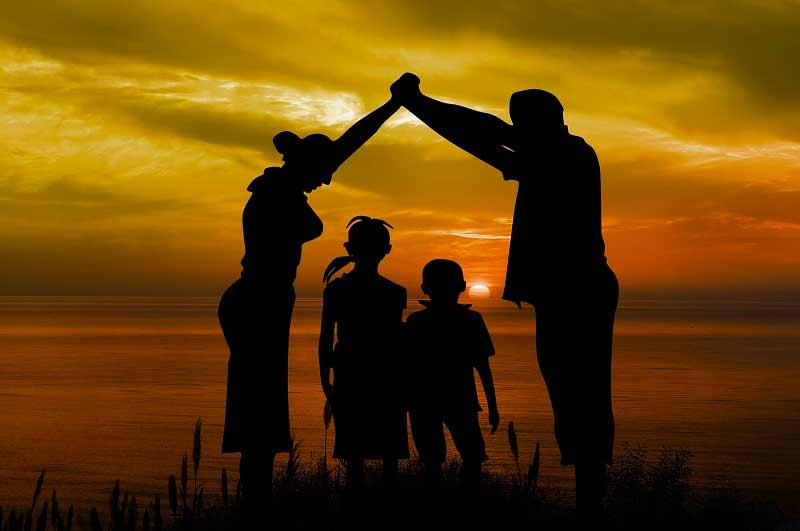
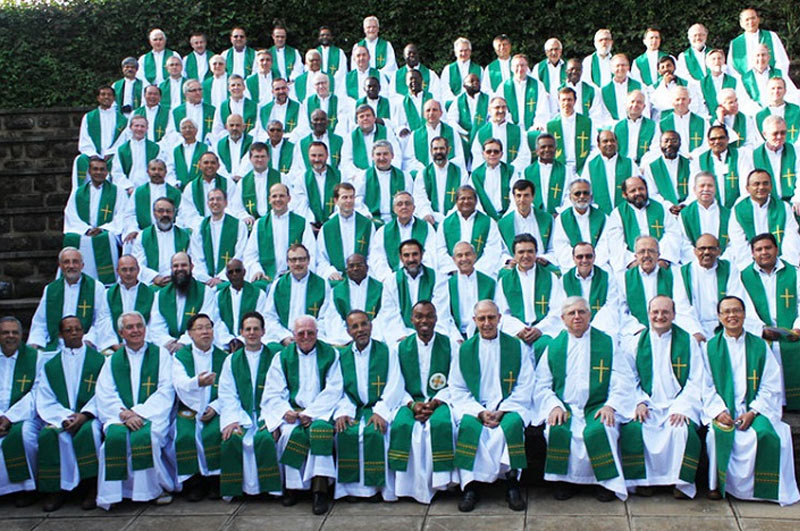
Select Payment Method
Pay by bank transfer
If you wish to make a donation by direct bank transfer please contact Fr Paul Hamill SJ treasurer@jesuits.africa. Fr Paul will get in touch with you about the best method of transfer for you and share account details with you. Donations can be one-off gifts or of any frequency; for example, you might wish to become a regular monthly donor of small amounts; that sort of reliable income can allow for very welcome forward planning in the development of the Society’s works in Africa and Madagascar.
Often it is easier to send a donation to an office within your own country and Fr Paul can advise on how that might be done. In some countries this kind of giving can also be recognised for tax relief and the necessary receipts will be issued.


